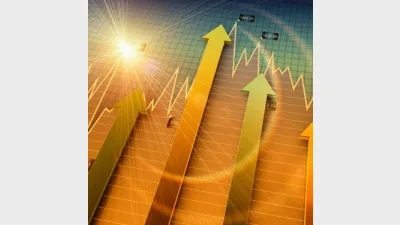Emerging capital markets set to double



Emerging markets driven by accelerating growth in capital raising activities are set to double their global index share by 2030, with China overtaking the UK and Japan to become the world’s second largest equity market, according to Credit Suisse.
The Credit Suisse Research Institute has forecasted emerging nation capital markets, over the next 15 years, will capture a more proportionate share of the global capital market universe relative to their economies, closing the gap with their developed peers.
Currently, emerging country capital markets remain underdeveloped relative to the size of their economies accounting for only 22 per cent of global equity market capitalisation, however, Credit Suisse has forecasted that by 2030, this will increase to 39 per cent.
“The disparity between developed and emerging nations in the global capital market universe will close by 2030,” Credit Suisse global head of equity research, Stefano Natella said.
“This should be driven by a disproportionately large contribution from emerging market equity and corporate bond supply and demand driven by growth in domestic mutual, pension and insurance funds, given the relatively high savings ratios prevalent among emerging economies.
“Moreover, the growing ability of Emerging Market corporates to access local currency capital markets shields them from the risk of exposure to unforeseen exchange-rate volatility,” Natella said.
The research also forecasted that China’s equity market will overtake the UK and Japan in 2030 to become the second largest market with a USD 54 trillion capitalisation and a weight of 19 per cent, while the US will remain the largest equity market with a USD 98 trillion capitalisation trillion and a weight of 35 per cent.
The forecast is based on the assumption that China’s capital account liberalises over the next 17 years, giving foreign investors access to the A-share market, the research said.
Recommended for you
Natixis Investment Managers has hired a distribution director to specifically focus on the firm’s work with research firms and consultants.
The use of total portfolio approaches by asset allocators is putting pressure on fund managers with outperformance being “no longer sufficient” when it comes to fund development.
With evergreen funds being used by financial advisers for their liquidity benefits, Harbourvest is forecasting they are set to grow by around 20 per cent a year to surpass US$1 trillion by 2029.
Total monthly ETF inflows declined by 28 per cent from highs in November with Vanguard’s $21bn Australian Shares ETF faring worst in outflows.










